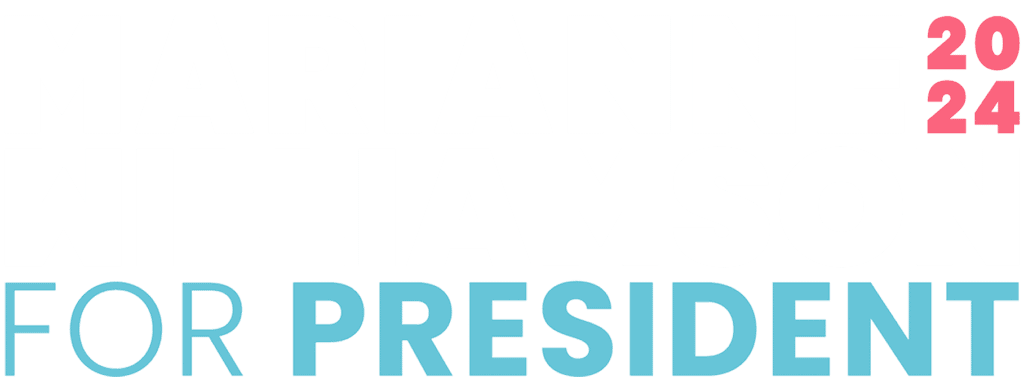56 men signed the Declaration of Independence. It was a document treasonous to the king of England, therefore by doing so they were literally putting their lives at risk. The Declaration called forth a new nation, built around the most enlightened principles that had ever formed the founding of a country. All men were deemed created equal, endowed by God with the inalienable rights of life, liberty and the pursuit of happiness; they were to be governed by a government whose sole purpose was to secure those rights, and authority was granted to the people to alter or abolish that government if it wasn’t doing its job.
Enlightened principles, to be sure. But out of the 56 signers, 41 of them were slaveowners; even, of course, the Declaration’s author. So from the very beginning, ensconced in our national DNA, there has been a deep dichotomy between who we are and who we say we are. It has been with us from the beginning; that as a people we are dedicated to the most enlightened principles, yet imbued with forces that are more than willing to transgress against them.
Every generation of Americans has played out the struggle, ours no less than any other. It’s helpful to recognize the historical nature of the contest, if for no other reason than to not to feel so alone. We’re not facing anything the abolitionists, the women suffragettes, or the civil rights movement didn’t face. We’re simply the latest in a long line of Americans challenged to create a more perfect union, facing forces practically mocking us for even thinking that we could.
The thing is though, that against all odds the abolitionists did. Against all odds the suffragettes did. Against all odds the civil rights movement did. The lesson in all those is clear: the fact the odds are against you doesn’t mean you won’t prevail. It just means it might take more work, more commitment, more dedication and more sacrifice than you thought you had in you. “The moral arc of the universe is long but it bends towards justice,” and we’re the ones who have to bend it.
Today’s rampant nihilism is neither productive nor rooted in a sound appraisal of our situation. Of course we are all anxious; but weren’t those who walked across the bridge at Selma anxious? Of course these times are traumatizing; but weren’t suffragettes being force fed in their prison cells traumatized? Of course huge economic and political forces are against us; can what we’re facing now, however, compare in horror to forces of slavery, of institutionalized suppression of women, of segregation? Perhaps it’s time for us to toughen up a bit. Let’s not be the first generation in history to wimp out on doing what it takes to put this country back on track.
Reading about the lives of Franklin and Eleanor Roosevelt, I’m struck by how similar their struggles were to those which progressive populists face today. FDR was called a socialist, a communist, a traitor, for trying to bring economic reforms to America at a time when what he called “economic royalists” so viciously opposed him. He did not shrink, but rather created the New Deal. He responded to his critics by saying “I welcome their hatred.”
When I told a friend recently that my online critics were some days too hard to bear, he told me, “Toughen up, buttercup.” And I’m glad he did. This isn’t a time to crumble, or to coddle our neuroses, or to indulge our fears. Cynicism is just an excuse for not helping, and pseudo-sophisticated calls to drop out of the system because somehow that will destroy the duopoly, make no sense. The times are gnarly and complicated and unjust and even cruel in ways. But when times get tough, the tough mature.
Yes, let’s identify the problems in our past. But let’s identify with the problem solvers who dealt with them. They had their challenges and so do we. That was their time and this is ours. Going back much farther than the history of the United States to the shrouded mists of Biblical times, the words of Mordecai speaking to Esther ring out to all of us today: “You were born for such a time as this.”


